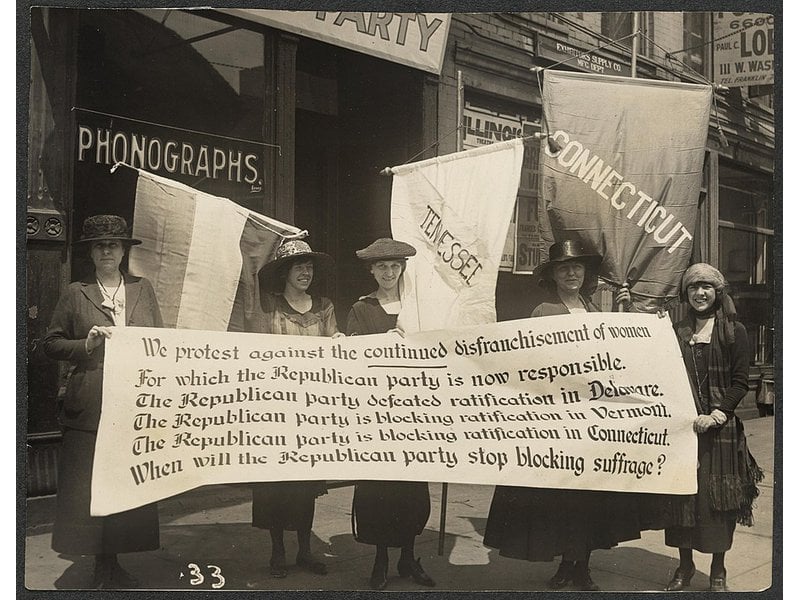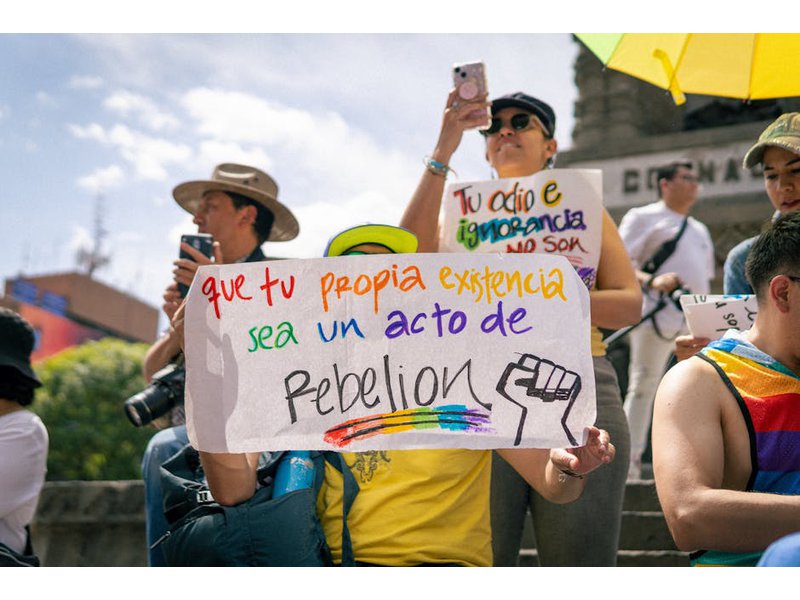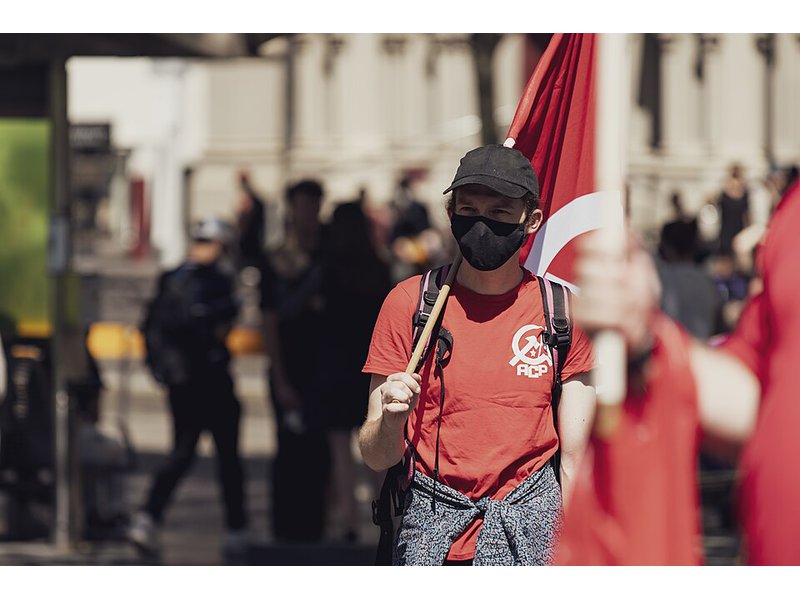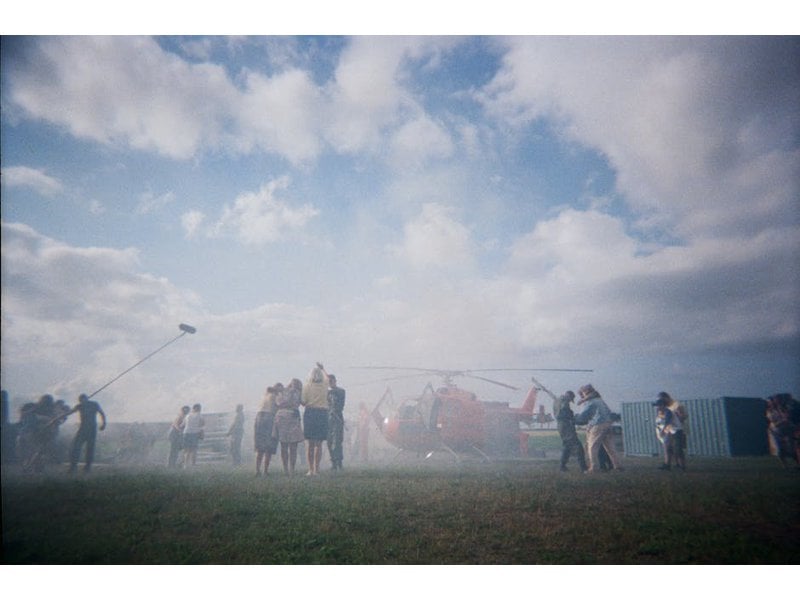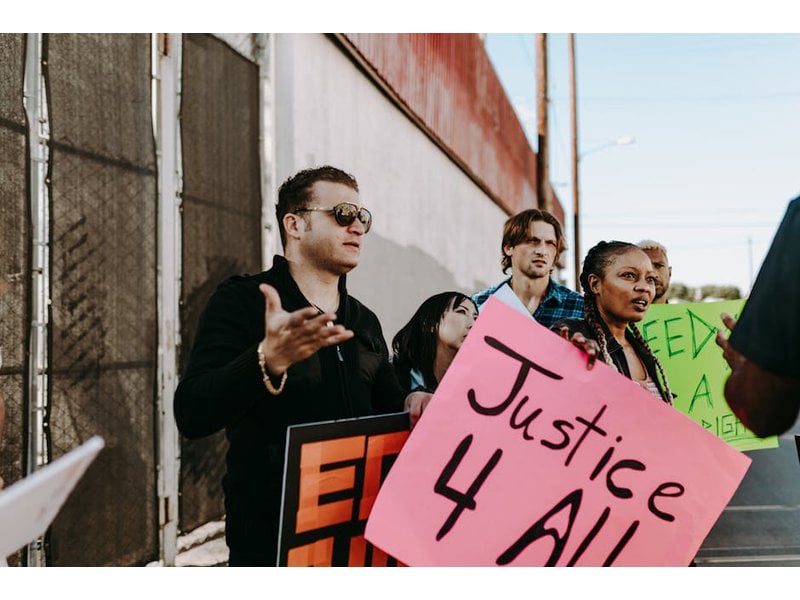142 selective refusal of assistance by government aides
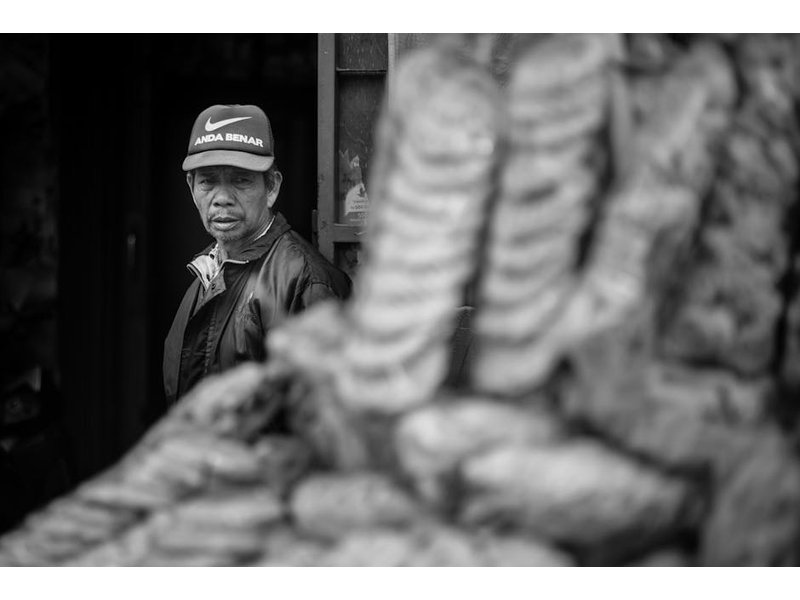
"Government employees, administrators, officials, agents and officers, individually or collectively, may refuse to carry out particular instructions or orders, and inform their superior officers of their refusal. The refusal is clear and open, at least to the superior officers, which is what distinguishes this method from the more hidden types of evasion and obstruction described below. The selective refusal of assistance may or may not be announced to the public."...
Potentially problematic matches
High scoring campaigns using this method
Historical cases from the Nonviolent Action Database that used this method
Pakistani lawyers protect constitution and reinstate judges (Save the Judiciary Movement), 2007-2009
On March 9, 2007, Pakistani President Pervez Musharraf suspended Supreme Court Chief Justice Iftikhar Chaudhry from his duties on the Court in response to Chaudhry’s challenges to his Presidency. Interpreted as an attempt to reduce the power and inde...
Andorrans seek universal male suffrage, 1933
Preceding the campaign of 1933, only the eldest man in an Andorran household could vote. Due to Andorra’s long life expectancy, this meant that even middle-aged men were often unable to vote.\n\nIn April 1933 a group of young Andorran men drove aroun...
Ecuadorians oust President Gutiérrez (Rebellion of the Forajidos), 2005
Retired Colonel Lucio Gutiérrez won the 2002 presidential elections in Ecuador after emerging as a popular ally of the poor during the years following a 2000 coup d’etat. A series of decisions followed his becoming president that increased the countr...
Massachusetts residents block construction of Kinder Morgan Northeast Energy Direct pipeline 2014-2016
In September 2014, Tennessee Gas Pipeline Company, L.L.C. (TGP), a subsidiary of Kinder Morgan Energy Partners, L.P., proposed a 346-mile pipeline to the Federal Energy Regulatory Commission (FERC). The proposal included two paths: a 220-mile “supply...
Surinamese protest against president, 1999
After only three years in office, the president of Suriname Jules Wijdenbosch became the target of harsh criticism and dissatisfaction because of his government’s management of the economy and domestic affairs. In 1998, the Dutch government had decid...
Midwest Farmers Fight for U.S. Agricultural Policy Reform, 1980-1987
United States Midwest farmers fought for agricultural policy reform that would ensure economic stability and sustainable financial support for small-scale farms. A number of rural grassroots organizations, including the Iowa Farm Unity Coalition (IFU...
Finns resist Russification, end conscription, regain elections, 1898-1905
For much of the nineteenth century, Finland was under Russian rule. This began in 1809 when Finland was made part of the Russian Empire. As part of the Russian Empire, Finland was autonomous in domestic policy but not foreign policy. Finland was allo...
Formerly enslaved people end apprenticeship practices in Trinidad, 1832-1838
By 1830 the enslaved people in the “West Indian” colonies of the British Empire understood that slavery, as an institution, was about to fall. White abolitionists in Britain and around the world had been pushing legislation through the Parliament tha...
Canadian workers wage general strike in Winnipeg, Canada, 1919
Following World War I, Canada was suffering massive unemployment and inflation. A wave of unsuccessful strikes across Canada, the 1917 overthrow of the Tsarist regime in Russia, and the growth of revolutionary industrial unionism created an atmospher...
Low scoring campaigns using this method
Historical cases from the Nonviolent Action Database that used this method
